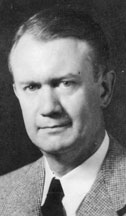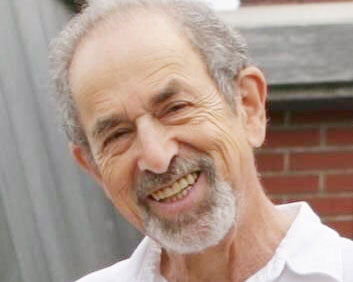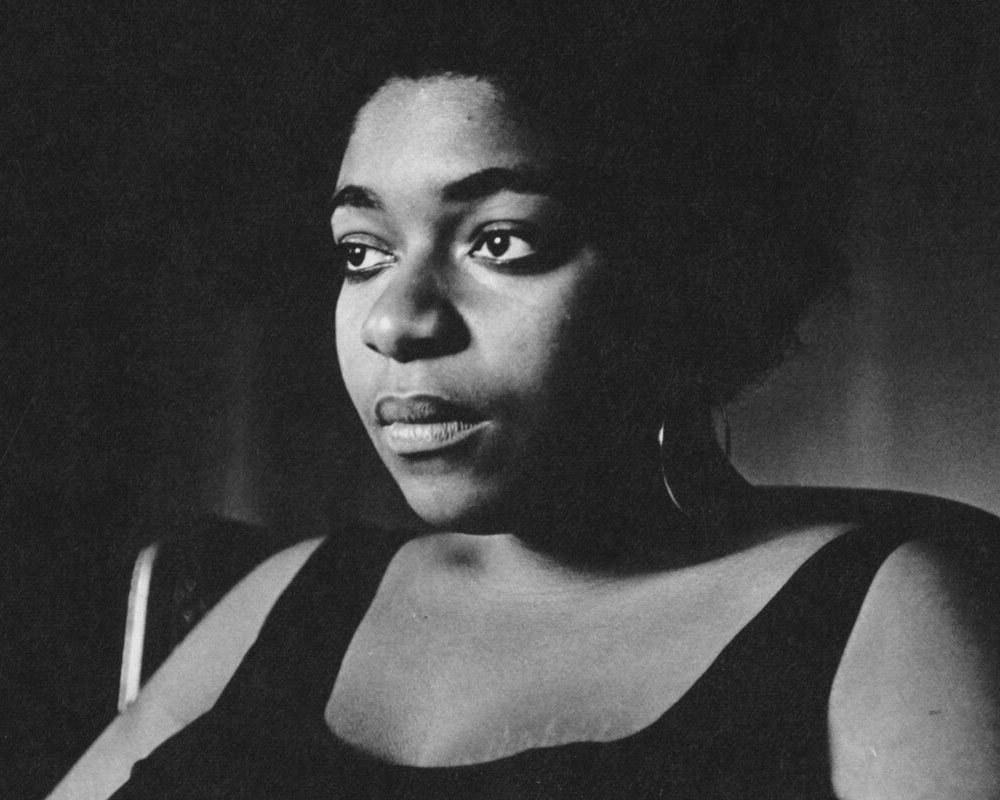Paul Gottlieb Hafner ’34

Paul Gottlieb Hafner ’34, September 15, 2011, in Longview, Washington, after a prolonged illness. Paul’s parents came to Portland from Germany and Switzerland. His father was minister of the First German Reformed Church for 50 years, and the family home next to the church building is still known as Hafner House. In an interview in 2010, Paul said that automobiles were a rarity on Portland streets during his childhood, which made it possible for him to sled from the West Hills into downtown Portland in winter and play baseball in the streets in summer. He walked to school, including to Lincoln High School. “I was not particularly inspired as a student in the first years. The last two years, I took chemistry with Miss Emma Griebel. It was really the thing that got me interested in chemistry, and she was the one who inspired me to go to Reed.”
Paul commuted from Southwest Portland to the college with the help of Mark Rosumny ’34 and an old Model T. “When we got to Ross Island Bridge, you know, there’s quite an incline there from west to east, and the old Ford could barely make it to the top. So, being chemists, we knew about certain things, among which was benzene. We would get a few hundred ccs of benzene and put them in the little old Ford Model T, and that thing would take off! We’d pass everything on the bridge.” Paul recounted other events related to his study of chemistry at Reed, when the fourth floor of Eliot Hall was devoted to science and included student laboratories, a stockroom, a lecture room, a library, and an office for Ralph Kempton Strong [chemistry 1920–34]. “Being in the attic, the chemistry labs didn’t have many windows; they had little dormers facing out onto the campus. In each dormer was a table where students would study. This is important because Dr. Strong lived in Eastmoreland, about five or six blocks from the school, and he would walk to school every morning about 8:42½. He always had his black umbrella and he had a measured stride. We had sentinels out in the dormers to let us know when ‘the boss’ was coming so that everything was in order by the time he arrived . . . . He was very strict and there was no monkey business up there. You almost trembled in his presence, because you would ask a question, and then he would clear his throat and say, ‘Did you look it up?’ I think the thing that I learned from Dr. Strong was the ability to study and look up things for myself.” Overall Reed was a tremendous experience that allowed him to move confidently into graduate school. He earned an MA in biochemistry and an MD from the University of Oregon, specializing in orthopedic surgery.
After serving in the Army Medical Corps, Paul ran the crippled children’s division at the UO medical school. In 1953, he moved to Longview, Washington, becoming the only orthopedic surgeon for miles around. “From the first day in the first month that I was here, my practice was at a maximum. I didn’t have any breaking-in process.” He worked in private practice in Longview until 1985, when he became director of physical medicine and rehabilitation at St. John Hospital until retiring in 1990.
Children were of primary concern for Paul; he conducted clinics for disabled children for the Cowlitz County Health Department and served on the board of directors of what now is Shriners’ Hospital for Children in Portland. His professional associations included membership in state and local medical societies and the American Medical Association, as well as the North Pacific Orthopedic Society and the Western Orthopedic Association. He was a fellow of the American Academy of Orthopedic Surgeons and served as a member of the medical staff at St. John and Cowlitz General hospitals. He also wrote “Early Medicine in Cowlitz-Wahkiakum Counties” for Saddlebags to Scanners: The First 100 Years of Medicine in Washington State (1989).
Paul married Frances H. Struble ’35 in 1941. They had two daughters, Mary, now deceased, and Ellen, of Ottawa, Ontario, Canada. Frances died in 1962, and Paul later married Helen R. Anton, a nurse anesthetist, who survives him. He and Helen traveled, gardened, and golfed. Paul enjoyed making bread, especially stollen. Paul is remembered as an adept, dedicated, kind, and professional man of medicine, and a gentleman with a keen sense of humor who enjoyed life and was liked by his patients and colleagues. He had very little leisure time, but understood the sacrifice required by his profession and was drawn to Gandhi’s words: “A life of sacrifice is the summit of art, and it is a life which is full of true joy. He who wishes to serve will not waste thoughts on his own personal comfort. His service, like his virtue, is his reward, and in it he will find his contentment.”
Appeared in Reed magazine: March 2012





![Photo of Prof. Marvin Levich [philosophy 1953–94]](https://www.reed.edu/reed-magazine/in-memoriam/assets/images/2022/LTL-levich1.jpg)
![Photo of President Paul E. Bragdon [1971–88]](https://www.reed.edu/reed-magazine/in-memoriam/assets/images/2020/Bragdon.jpg)
![Photo of Prof. Edward Barton Segel [history 1973–2011]](https://www.reed.edu/reed-magazine/in-memoriam/assets/images/2020/Segel.jpg)








































































